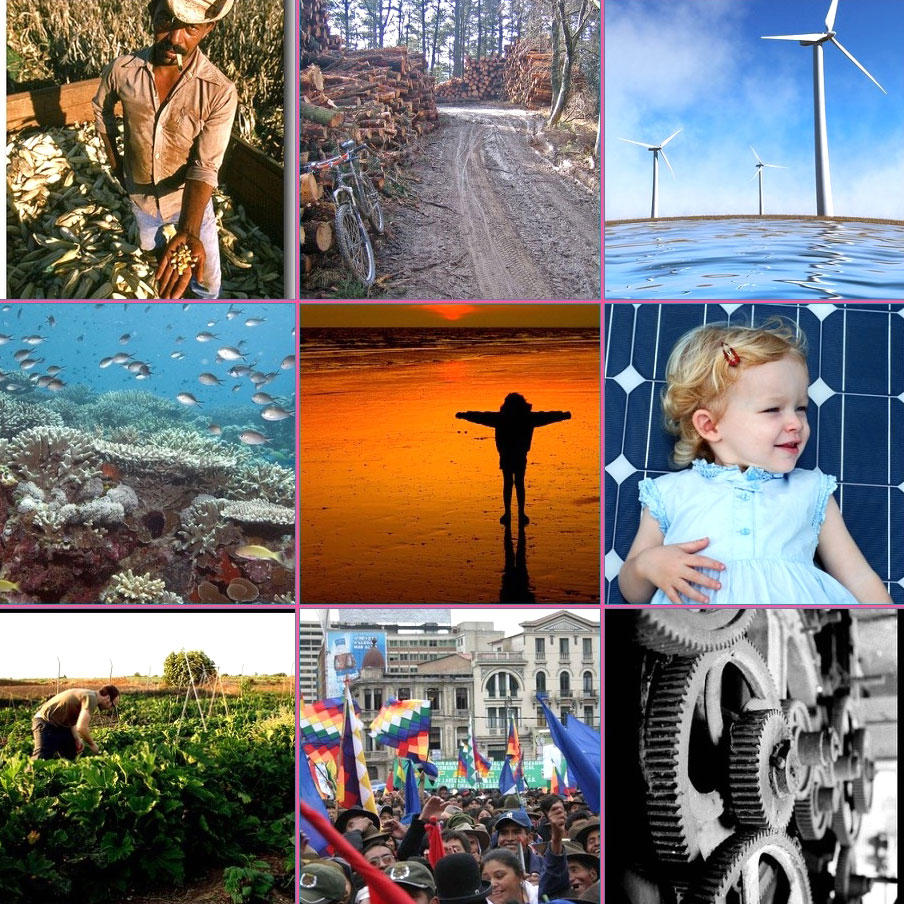Call for papers: Transdisciplinary development and sustainability science for social change
May 13-15, 2013 the University of Bergen will host a workshop on the importance of transdisciplinary knowledge for human development. The deadline for abstracts is 4 January.
Main content
Connecting disciplines to answer big questions
The Department of Health Promotion and Development (HEMIL), UiB Global, and the Comparative Research Programme on Poverty (CROP) will organize a workshop to discuss the need to connect social and environmental sciences in development and sustainability sciences. The event will lead to a book on the subject.
The seminar will focus on a range of issues, including the need for transdisciplinary knowledge to achieve sustainable and equitable development, and the challenges to breaking out of traditional disciplinary frameworks.
Transdisciplinarity as both key and challenge
The call for papers stresses the need for interdisciplinarity because of the inability of isolated disciplines to find satisfactory solutions to poverty:
“Today, development is mostly compartmentalised, with economic, agriculture, health promotion, poverty elimination, human rights, environmental and other ‘helping’ communities working in parallel, despite the fact that the problems they seek to tackle are inextricably linked. This is also true of academia, with disciplines working mostly in isolation and ignorance of one another’s potential to contribute solutions across the silos. It is therefore a challenge to break out of traditional disciplinary frameworks.”
The purpose of the workshop is therefore to share knowledge across disciplinary boundaries, which can help to “[enhance] the wellbeing of people and their environments where it is most needed, namely the places where severe poverty stubbornly continues to hamper sustainable human development”.
The workshop will take place from 13 to 15 May 2013. The deadline for abstracts is 4 January.
For the entire call for papers, including submission details, please visit the CROP website.
